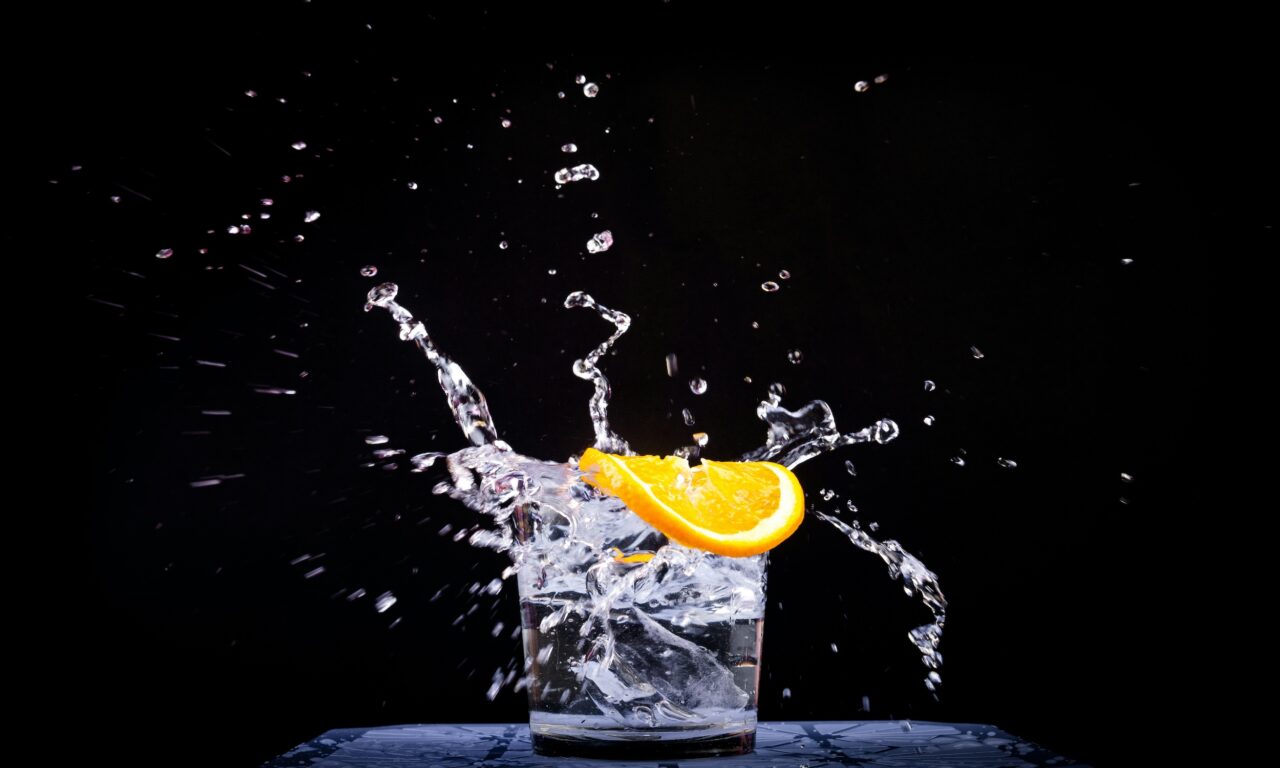Chances are that you are here because you are surfing for tips on how to tackle dehydration.
Thirst and dehydration can be one of the most uncomfortable situations anyone can experience. And the fact is, dehydration can sneak up on you, leaving you feeling drained, sluggish, and even dizzy.
One way to get back on your feet is to drink some water and keep yourself hydrated. However, that can seem like a tedious thing to do, as many do not even remember to take water except when they are choking.
This guide shows you how to tackle dehydration by staying hydrated all day. In this comprehensive guide, we’ll explore the importance of hydration, signs of dehydration, and practical tips to keep you refreshed and revitalized.
Why Hydration Matters
Water is essential for every aspect of your body’s functioning. Hydration plays a crucial role in regulating temperature, aiding digestion, maintaining healthy skin, and supporting cognitive function.
When you’re dehydrated, your body struggles to perform these functions efficiently, leading to a range of symptoms, from mild discomfort to serious health issues.
How Do I Know I Am Dehydrated? Signs of dehydration
Just like most discomforts and illnesses, dehydration has obvious signs that announce its presence. Recognizing the signs of dehydration is the first step to addressing it effectively.
Here are some signs that show you are dehydrated:
- Fatigue: Dehydration can leave you feeling tired and lethargic.
- Thirst: By the time you feel thirsty, your body is suggesting dehydration.
- Dark urine: Urine colour can indicate hydration levels; darker urine suggests dehydration.
- Dizziness or lightheadedness: Lack of fluids can affect your balance and cognitive function.
- Dry mouth and skin: Your body needs water to maintain moisture levels in your mouth, skin, and eyes.
How To Tackle Dehydration
Now that you know that you are aware that you are dehydrated, what next? You have to get hydrated. Let’s explore some practical strategies to stay adequately hydrated:
Regularly Take Water
Drinking water regularly throughout the day helps maintain hydration levels by providing a steady supply of fluids to your body’s cells and organs. Waiting until you feel thirsty can be a sign that you’re already mildly dehydrated, so make a habit of sipping water consistently to prevent this.
By staying hydrated, you can support your body’s functions, including digestion, circulation, and temperature regulation, leading to improved overall health and well-being.
Keep Track Of Your Urine color.
Monitoring the colour of your urine is a simple yet effective way to gauge your hydration status. Pale yellow urine indicates that you’re well-hydrated, while darker urine suggests dehydration and the need to drink more fluids.
By paying attention to this visual cue, you can adjust your water intake accordingly to maintain optimal hydration levels throughout the day.
Take More Water-rich Foods
Incorporating water-rich foods like watermelon, cucumber, and oranges into your diet can contribute to your overall hydration. These fruits and vegetables have a high water content, providing not only fluids but also essential vitamins, minerals, and antioxidants.
By including a variety of water-rich foods in your meals and snacks, you can boost your hydration levels while nourishing your body with valuable nutrients.
Reduce Caffeine And Alcohol Intake
Limiting your consumption of caffeine and alcohol is important for preventing dehydration. Both substances have diuretic effects, meaning they increase urine production and can lead to fluid loss if consumed excessively.
While moderate intake of caffeine and alcohol is generally acceptable, it’s essential to balance them with adequate water intake to maintain hydration and support overall health.
Set Reminders for Water Intake
One way to tackle dehydration is to have reminders set for water consumption. Setting reminders to drink water can help you stay hydrated, especially if you have a busy lifestyle or tend to forget to hydrate regularly.
Using smartphone apps or scheduling breaks throughout the day to take a few sips of water can ensure that you’re consistently meeting your hydration goals. By incorporating these reminders into your daily routine, you can develop healthy hydration habits that support your well-being in the long term.
Take Water Water With You
Carrying a reusable water bottle with you wherever you go makes it convenient to stay hydrated throughout the day. Whether you’re at work, running errands, or exercising, having water readily available encourages frequent sipping and helps prevent dehydration.
By making it a habit to refill your water bottle regularly and keep it within arm’s reach, you can prioritize hydration and maintain optimal fluid balance wherever you go.
Take Water Before, During, and After Exercise
Hydrating before, during, and after exercise is essential for supporting performance, recovery, and overall health. Drinking water before you start exercising helps prepare your body for physical activity and prevents dehydration.
Sipping water during your workout helps replace fluids lost through sweat and maintains hydration levels while replenishing fluids afterwards supports recovery and helps restore electrolyte balance.
By making hydration a priority before, during, and after exercise, you can optimize your workouts and support your body’s needs for fluid and electrolyte replenishment.
Conclusion
Dehydration is a common yet overlooked health concern that can impact your well-being and daily performance.
By understanding the importance of hydration, recognizing the signs of dehydration, and implementing practical tips for staying hydrated, you can ensure your body receives the fluids it needs to function optimally. So, drink up and stay hydrated for a happier, healthier you!
We hope you find this guide helpful.
If you are in Indiana and looking for how to access quality care services and personalized client care plans, visit Good Hands Home Care Agency, where care is offered with professionalism and efficiency.





